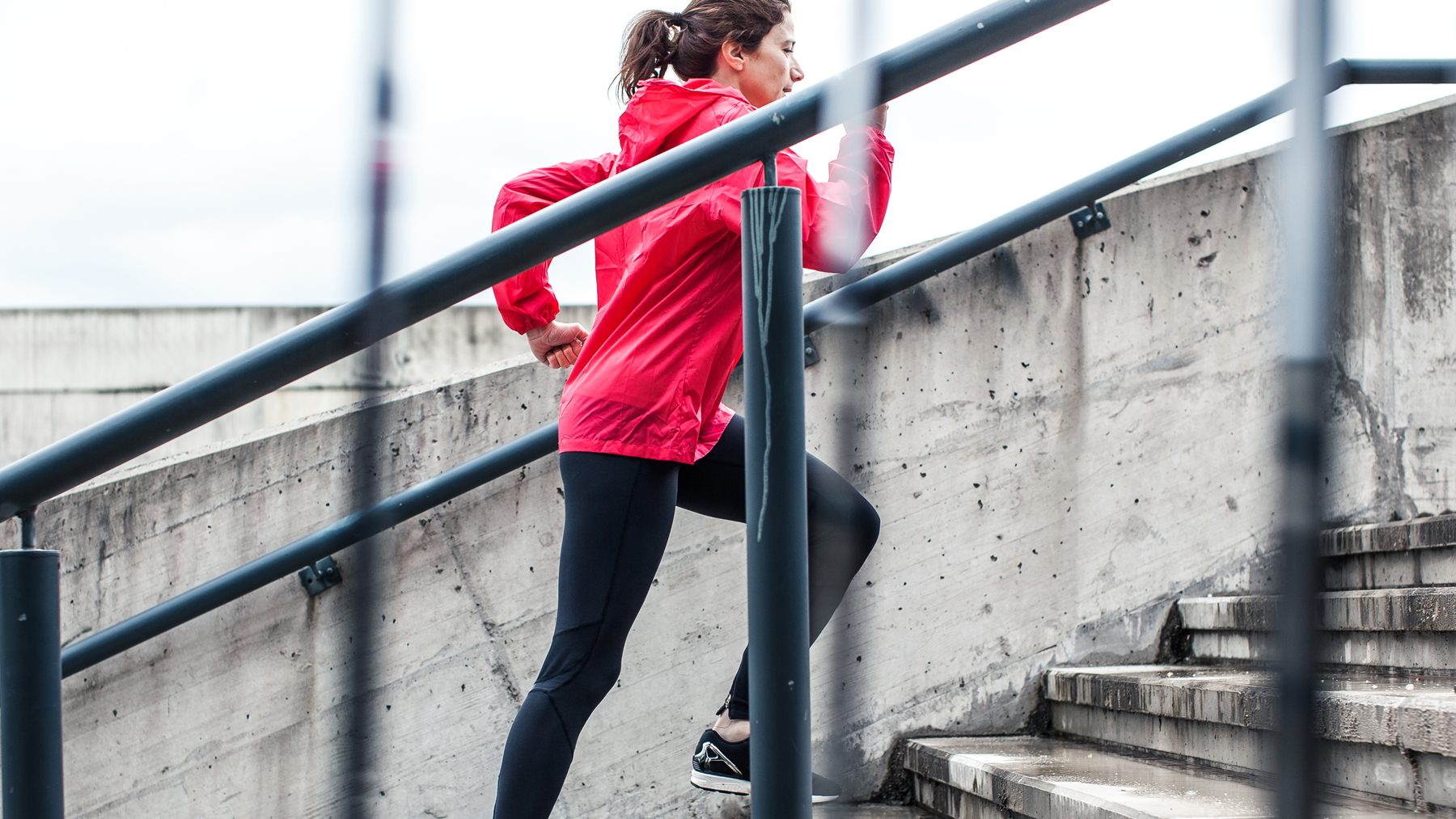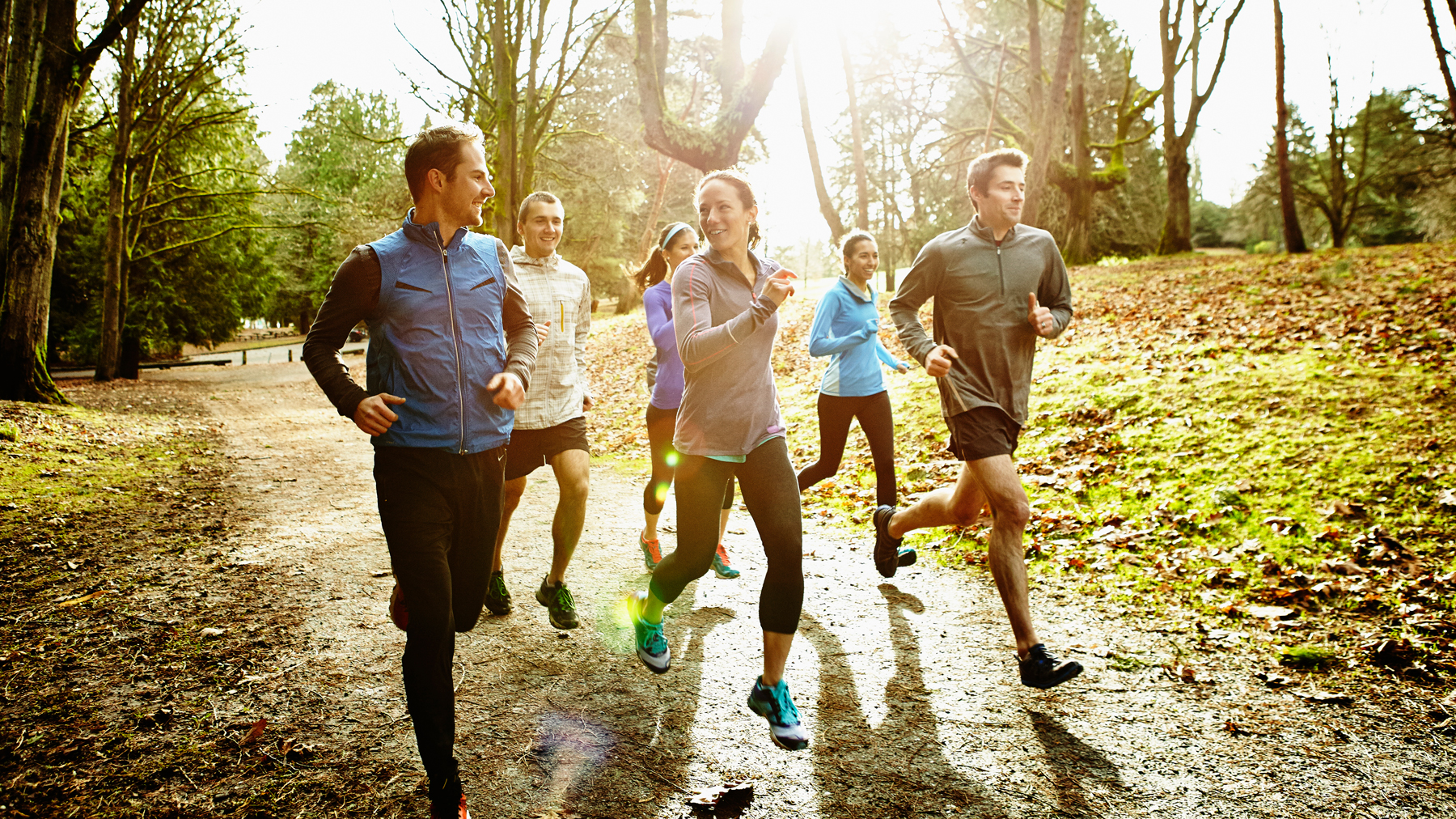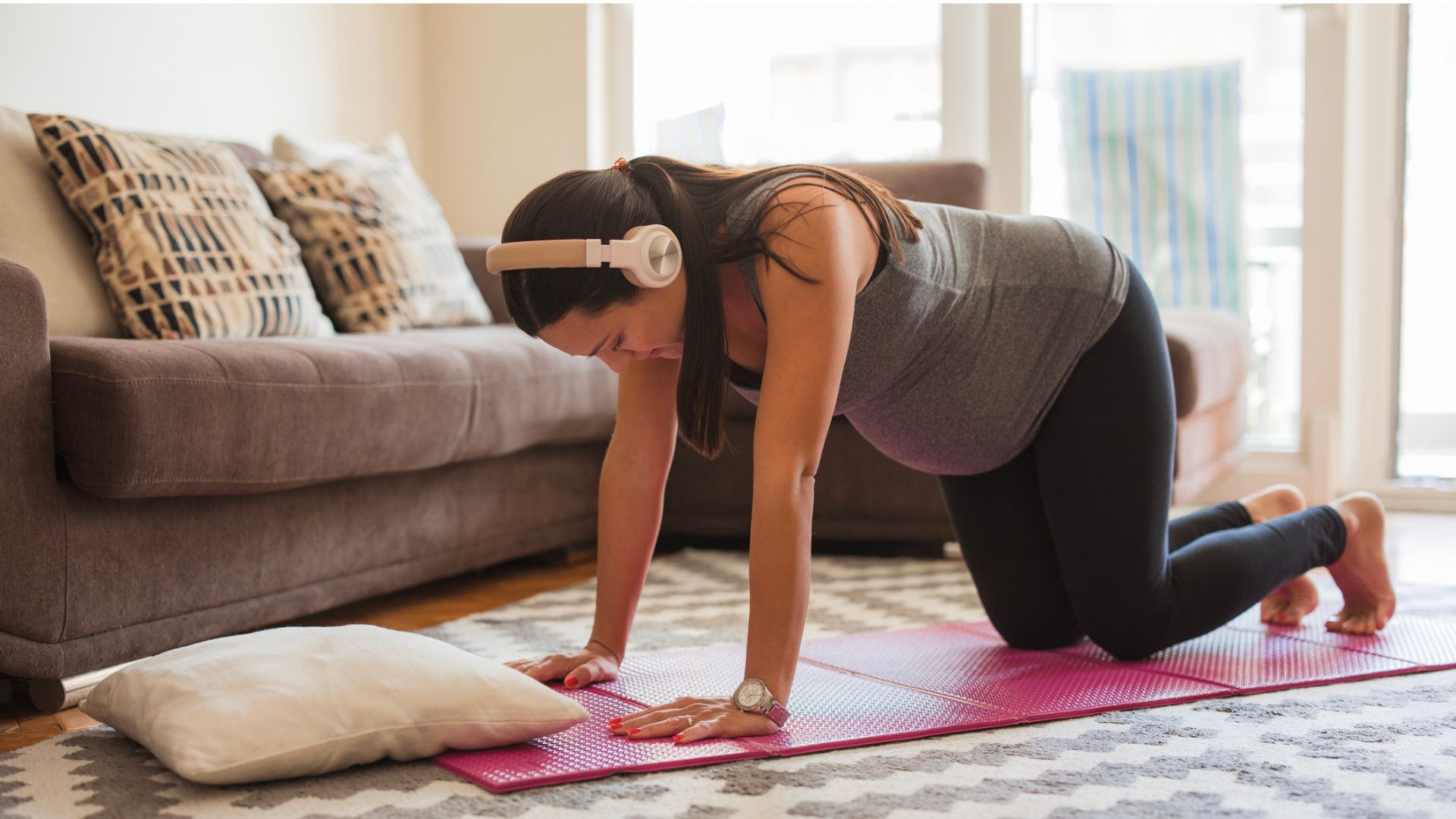Does metabolism increase with exercise?
Does metabolism increase with exercise? We look at the evidence and speak to the experts


Does metabolism increase with exercise? Scientists describe metabolism as the chemical process in the body by which we convert food into energy. The faster your metabolism, the more calories you burn, even when you’re not doing any physical activity. But does it increase with physical activity and for how long? Is it possible that certain exercises do more to boost our metabolism than others?
We’ve looked at the latest research and spoken with a top personal trainer to see which exercises boost the metabolism, and how long they can impact the metabolic rate. We’ve also got the inside track on the best exercise machines to lose weight, from affordable equipment you can take anywhere to premium exercise bikes with virtual classes.
If you want to explore other ways to boost your metabolism other than exercise, we find out if there are further changes you can make to increase your metabolism, from eating certain foods and drinks to improving your sleep.
Does metabolism increase with exercise?
The short answer is yes, temporarily. Any kind of physical activity requires our bodies to produce more energy. The more vigorous that activity, the more energy our bodies need. So the chemical processes involved in our metabolic rate work harder to replenish our energy stores by burning extra calories.
However, as soon as you stop moving, your metabolism starts to return to its usual resting rate, usually within an hour or so.
There are also lots of other factors that affect our metabolism, such as genetics, age, sex, weight, diet, hormones, and even underlying health conditions. So it’s not easy to predict whether a certain exercise will override these factors and boost your overall metabolism.

Are certain exercises better for boosting metabolism?
Recent studies have shown that certain exercises, such as high-intensity interval training (HIIT), can help to increase your metabolic rate for longer.
Get the Fit&Well Newsletter
Start your week with achievable workout ideas, health tips and wellbeing advice in your inbox.
A research paper in the journal of Medicine & Science in Sports & Exercise found that moderate to high-intensity exercise can increase energy expenditure for at least 22 hours following the exercise. Researchers concluded that exercises that induced muscle damage and kick-started the body into muscle repair processes were more effective in raising the metabolic rate over a longer period.
So if you like running, swimming, or cycling, but find you tend to stick to the same moderate pace throughout your session, try adding a few short periods of high-intensity movement into those sessions.
According to the Journal of European Clinical Nutrition, strength training, or resistance training, has also been found to increase the metabolic rate for longer. This may be because resistance training increases muscle tissue, which needs more calories, even at rest, than fatty tissue.
A systematic review in 2020 looked at multiple studies around the effects of exercise on the resting metabolic rate. It found that only resistance training significantly increased the resting metabolism of individuals.
What does this mean for your fitness routine? If you don’t already do strength training, it may be worth fitting in a regular weight-lifting session to give your metabolism an extra boost. The free weights section of a gym are a great place to start or pick up some weights suitable for home use such as a pair of the best adjustable dumbbells.
However, as certified running coach and trainer for audio-based fitness app WithU, Omar Mansour, points out, “Any form of aerobic exercise and resistance strength sessions are great for boosting metabolism in the short term.” So don’t let that put you off your favorite running route.
Personal trainer and co-founder of Factr Gym, Richard Malpass agrees. “Ultimately there is no magic pill or secret exercises that have super metabolism-boosting properties. Don't worry too much about the type of exercise you're doing, just do something you enjoy and can do consistently.”

Omar is a Personal Trainer and UKA Running Coach. Having competed as an 800m athlete, Omar loves to bring a flavour of his athletic background to all of his workouts. Over the years he has worked alongside some of the world's leading running brands helping many people achieve their goals, with a wealth of knowledge and technical expertise.

Richard has worked in the fitness industry over 11 years. In 2021, he joined forces with his friend and personal training mentee to co-found Factr - a small training-centric gym, which provides members with everything for them to succeed in creating lasting change in how they feel, look and perform.
What are the benefits of increasing metabolism?
A faster metabolism means that your body uses up more of the calories you consume. This means fewer calories are left over, which would normally be stored as fat. So a higher metabolism means you’re less likely to put on weight.
Mansour has more: “A faster metabolism also means you will feel more energized throughout the day and able to sleep better at night. It can also boost your mood. A good metabolism means a well-functioning body and nervous system. When the metabolism slows, blood carries less nutrition through the body which can cause you to feel sluggish, despondent, and even depressed.”
It’s also possible that you may be able to eat more if you have a faster metabolism, though if you’re aiming to increase your metabolism to lose weight, this may be missing the point!
What other things can improve metabolism?
There are other ways to temporarily boost your metabolism, other than exercise. Here are four more ways to burn those calories.
Get a good night’s sleep
Mansour recommends trying to pack in around seven to eight hours of sleep each night, if you can. “Sleep deprivation can send hunger and appetite hormones all over the place.” As a study in the BMJ Open Sport & Exercise Medicine journal reveals, sleeping fewer than seven hours a night is associated with a higher body mass index, not least because it makes us hungrier.
The Sleep Foundation also points out that our heart rate increases during rapid eye movement (REM) sleep. This, combined with heightened brain activity, requires more glucose, leading to a higher metabolism.
Drink more tea and coffee
Studies have shown that green tea, oolong tea and coffee can have a beneficial effect on our metabolism. They can help to convert fat stored in the body into free fatty acids, which help to boost fat burning during physical activity. Although their effect may be slight, having a cuppa joe or a green tea before you head to the gym could help you burn more calories once you get there.
Drink cold water
Drinking plenty of water throughout the day is thought to stimulate the body’s metabolism and energy expenditure. An eight-week study that looked at the effect of hydration in overweight girls found they all lost weight simply by drinking two cups of water before main meals. Researchers found that chilled water in particular had the most impact, so don’t forget to add ice.
Include more protein
While eating any food can cause a temporary lift in your metabolism, eating protein can help that lift last for longer. Malpass explains, “Eating a diet moderately high in protein has been shown to require more calories, as protein requires more energy to digest. Roughly 20-30% of the calories we consume from protein are used up in the digestive process, which is more than double that of carbs or fats.”
Adding healthy proteins, such as lean meats, eggs, beans, and legumes to your plate can be a healthy way to fill you up, and prevent muscle loss during dieting. If you struggle to incorpoarte sources of lean protein into your meals everyday then you may benefit from using one of the best protein powders for weight loss. A powder can be blended into smoothies, water or breakfast oats and will help increase your satiety after consuming.
If you’re worried about your metabolism, or you think it may be too slow, talk to your doctor. They may be able to check for any underlying causes and give you tips on how to make healthy lifestyle changes that will help you lose weight.
Got more questions surrounding nutrition? Find everything you need to know about the 80/20 rule diet or establish 10 foods that are rich in vitamins.
Joanne Lewsley is a freelance health and lifestyle writer who specializes in evidence-based content. She is a regular contributor to Live Science, Medical News Today, and Fit&Well.
Joanne has worked for some of the web’s biggest brands, including BabyCentre UK, BBC and Lastminute.com. She has also worked with ITV, Sky and Channel 5 in launching flagship TV websites to support broadcaster content.
Previously UK editor at parenting site BabyCentre UK, Joanne led a team of editors and freelance writers to create award-winning health content.
Moving to freelance has allowed Joanne to explore and develop her passion and expertise in creating health, wellness and lifestyle content that is clear, easy to read and based on solid evidence.
She also regularly reviews health and wellness gadgets and tech for a fleet of websites, including Top Ten Reviews and LiveScience.
As well as creating long-form content, Joanne has a keen news sub-editor’s eye, creating compelling news headlines and packages for breaking news on the AOL and Yahoo websites.
In her spare time, she loves visiting the Norfolk Broads close to her home in Norwich, trying to break the 5k barrier on her running, and indulging in her love of live music.

